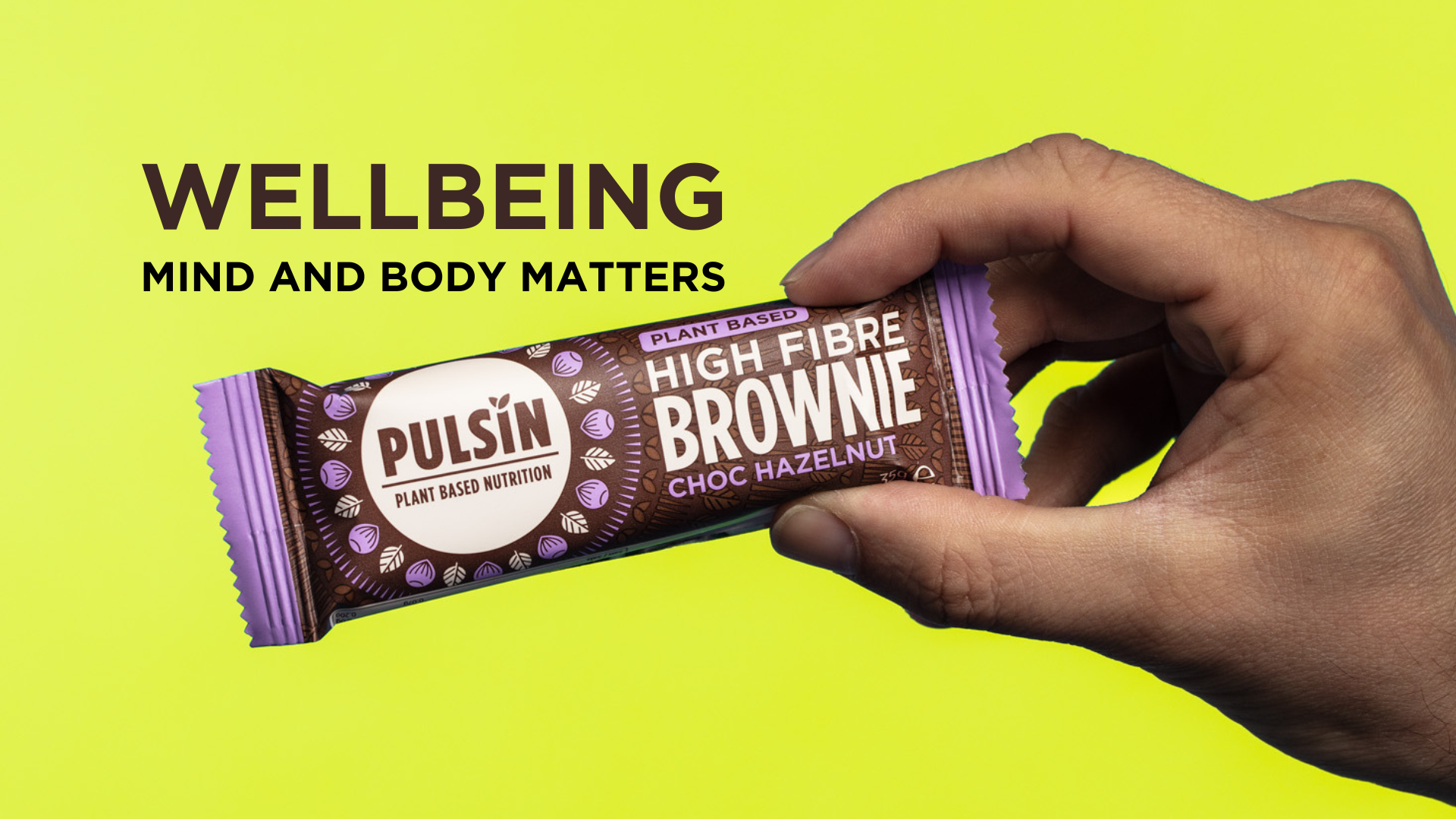We interviewed Eloise Skinner, fitness instructor, author and psychotherapist to get the lowdown on the connection between exercise and mental health.
Can you please introduce yourself and provide an overview of your experience in the fitness and mental health well-being field, especially in working with women?
I am a qualified fitness instructor and psychotherapist, working with hundreds of clients to achieve mental and physical wellbeing. I’m also an author, with a few books on finding meaning, purpose and overall wellness in life! Website is www.eloiseskinner.com
What inspired you to focus on the intersection of fitness and mental well-being, particularly for women?
I’ve always been interested in the integration of the mind and body – I strongly believe in the power of a wellness routine that addresses the ‘whole’ self. In other words, I think wellness is most effective when it takes a holistic approach: when it incorporates support for the mind, body, relationships, community and connection to the world around us.
How does mental well-being intersect with nutritional choices and physical fitness? What role does stress play in achieving women’s fitness goals?
Stress can be a huge factor when it comes to considering our overall wellbeing. We live in a world that encourages a fast-paced, relentless lifestyle – and our lives are full of technology, notifications and never-ending to-do lists. We can often find ourselves living with an ongoing sense of stress – and after a while, we might even start to adjust to it. This is one reason why it’s so important to incorporate regular mental health check-ins as part of our own wellbeing routine – just as important as it is to stay hydrated or get enough sleep. Mental health check-ins could include chatting with a therapist or other qualified professional, or taking time to work on our relationships, or other activities like meditation, mindfulness or creative endeavours. Importantly, there isn’t really a ‘one-size-fits-all’ approach to our overall health and wellbeing: tailoring your own routines and practices to your lifestyle and preferences is crucial.
With regards to our fitness goals, stress can cause physical symptoms – the impact of stress on sleep, nutrition and hydration can obviously show up in our fitness practice (we can feel more easily exhausted, or more fatigued at a faster rate, for example). Stress can also have an impact on our mood (which might result in changes of preference around when / how often we exercise), and even on our digestive system, which might impact the ways in which we want to work out.
Do you recommend any specific mindfulness or relaxation practices that complement a woman’s fitness journey and nutritional plan?
A simple breathwork exercise might be a good practice to try: begin by sitting or lying down comfortably, in a quiet place, and close your eyes. Start to focus on your inhale and exhale, deepening the breath as you do so. Imagine running the breath up and down the full length of your body as you breathe in and out. If you’d like to try a little breathwork, you can breathe in deeply, and hold the breath for a moment as your lungs are full, and then take a full, deep breath out. This small pause at the top of your breath can help you to find focus, relax the body and give the breath a restorative feeling.

